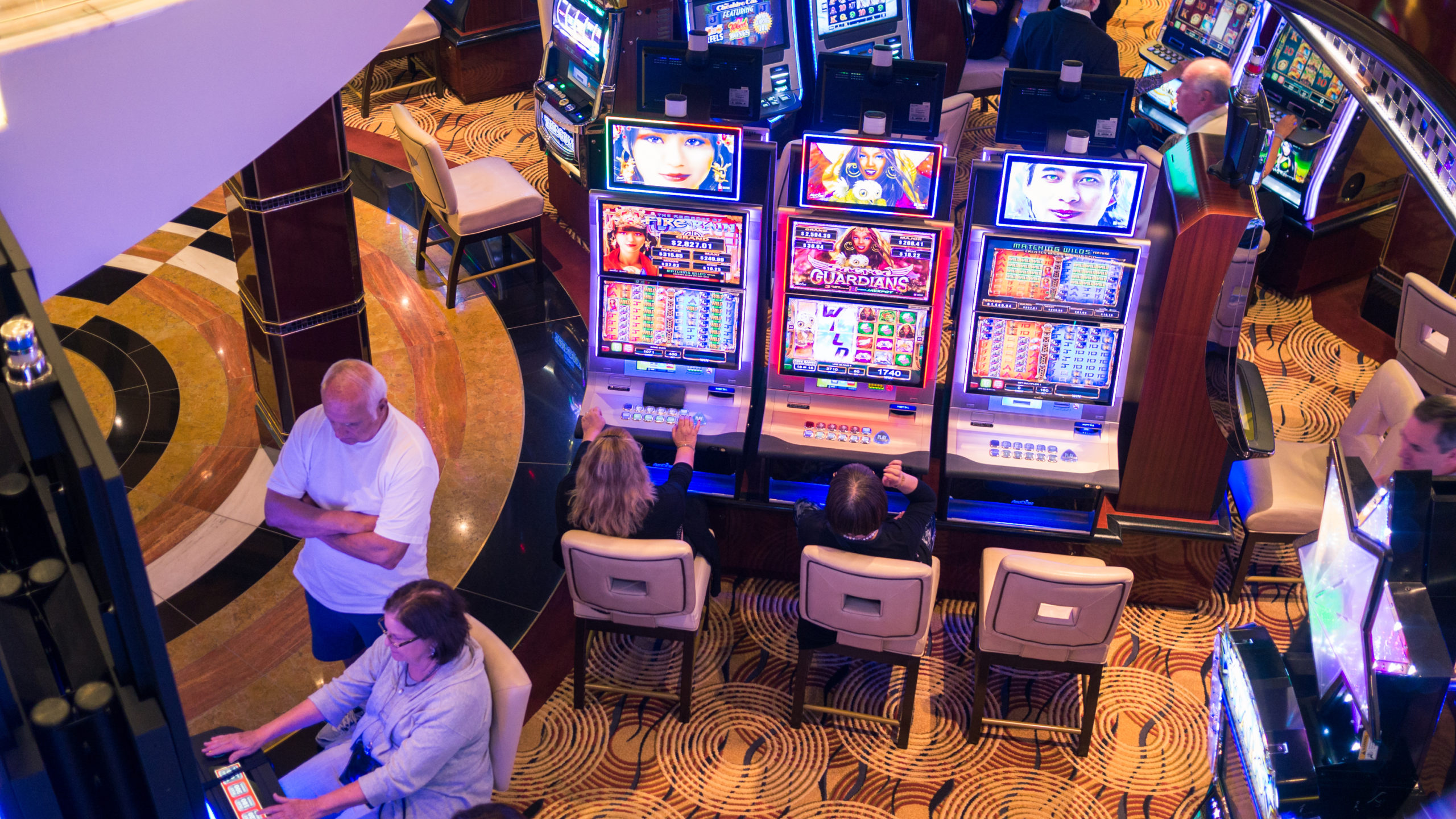
Casino gaming has long been a topic of interest and debate, attracting millions of players globally. With a mix of luck, strategy, and the thrill of uncertainty, casino games offer an exciting escape from everyday life. viva88 However, as entertainment becomes ever more accessible, it invites a more thorough examination of the morality surrounding these games.
At the heart of the debate lies the question of whether casinos promote responsible gaming or take advantage of vulnerable individuals. The appeal of potential winnings versus the truth of losses can create a complex dynamic, and understanding this balance is crucial for both players and operators. As we delve into the morals of casino gaming, we will explore the responsibilities of casinos, the effects on society, and the steps that can be taken to foster a better gaming environment.
The Impact of Casino Gaming on Society
Gambling in casinos has a considerable influence on society, affecting not only the financial landscape but also interpersonal dynamics and community structures. The revenue generated from casinos can lead to job creation and boost regional economies, as they provide numerous employment opportunities in multiple fields including food and beverage, leisure activities, and retail. However, while the financial benefits can be substantial, communities often struggle with the possible negative impacts that arise from increased gambling activity.
Additionally, the presence of casinos can lead to an increase in gambling addiction, presenting serious challenges for individuals and families. The excitement of casino games can quickly evolve into a compulsive habit, affecting connections with others and leading to financial instability. Many individuals may struggle with the loss of control over their gambling habits, resulting in a need for community support services and help to address this growing issue. The social cost of gambling addiction can ripple through kinships and neighborhoods, creating an urgent need for responsible gaming initiatives.
In addition to the economic and social consequences, casino gaming often showcases cultural attitudes towards uncertainty and leisure. It can foster a sense of excitement and leisure, attracting visitors and boosting local travel. However, this allure may also mask the broader implications of gambling as a form of entertainment, raising ethical questions about its advertisement and accessibility. As communities weigh the advantages and disadvantages of casino gaming, the need for responsible practices and oversight becomes increasingly critical in ensuring that the positive aspects are maximized while reducing the negative effects.
Ethical Concerns in Gambling Practices
The morality of gambling operations often center around the potential for dependency and its effects on people and households. Gambling can lead to serious financial distress, impacting not only the betters but also their families. As individuals become entrapped in the appeal of winning, many lose track of their budget, which can result in devastating outcomes such as insolvency. This raises moral questions about the responsibility of gambling establishments in promoting responsible gaming practices and providing support for those who may be dealing with betting addiction.
Another critical concern is the promotion of betting to vulnerable populations. Gambling establishments often aim at low-income people or neighborhoods with the offer of quick rewards, which can continue patterns of poverty and hopelessness. In this situation, the ethics of advertising strategies used by gambling establishments come under scrutiny, as they may take advantage of the need of people seeking an way out from economic troubles. This exploitation raises moral questions about the honesty of the betting industry and its responsibility to protect its most at-risk patrons.
Additionally, the effect of gambling gaming on society as a entirety cannot be ignored. While some argue that gambling establishments create jobs and boost local economies, others point to the community costs associated with dysfunctional betting, increased crime rates, and a strain on public services. Balancing financial advantages with the potential for community issues presents a complex moral dilemma for policymakers and gambling operators alike. The difficulty lies in finding a ethical approach that prioritizes the welfare of individuals and communities while still permitting for the enjoyment of casino activities.
Regulatory Framework and Responsibilities
The regulatory structure surrounding casino operations is designed to ensure equity, integrity, and participant security. Various government bodies and gambling commissions establish and enforce regulations that dictate how gaming games work, the standards for game development, and the protocols for managing prizes. These regulations differ by jurisdiction but typically involve permit requirements for providers and rigorous measures to prevent deception and dishonesty.
In also to governing bodies, gambling establishments bear major accountability in preserving principled standards within their facilities. They must adopt ethical player practices that encourage player protection and consciousness, including providing self-exclusion options and providing information about the risks associated with gaming. Casinos are also responsible for educating staff to identify signs of difficult betting and understand the proper actions to assist patrons in need.
Additionally, openness in gambling operations is vital for gaining and preserving public trust. Gaming establishments should offer clear details about the odds of operations, advertising opportunities, and any associated risks. By creating an atmosphere of integrity and accountability, gambling establishments can help lessen the likelihood negative impact of gambling while improving the general gambling experience for all participants.
